2, April 2020
For some survivors, coronavirus complications can last a ‘lifetime’ 0
As the number of worldwide confirmed coronavirus cases climbs towards 1 million, the number of recoveries is thankfully more than four times the death toll. But medical experts told FRANCE 24 that COVID-19 can cause severe long-term damage to the lungs, heart, brain and other organs – and that for some patients, these complications may be permanent.
Out of more than 950,000 cases of coronavirus so far across the globe, over 202,000 people have recovered, while more than 48,000 have died. However, clinicians have pointed out that some COVID-19 survivors have developed acute respiratory distress syndrome (ARDS) – a severe condition that, for the worst-affected patients, can last for the rest of their lives.
The doyen of medical journals, The Lancet, was one of the first to sound the alarm, publishing a report in February showing that 29 percent of a group of patients in Wuhan whom the researchers tracked between mid-December and early January had got ARDS.
A similar report by the British Faculty of Intensive Care Medicine, published in The Sunday Times on March 15, found that some 17 percent of intensive care patients whose treatments they analysed developed the syndrome. In addition, a few days before the British doctors released their findings, medical researchers in Hong Kong found that, out of a small study of 12 patients who left hospital after recovering from the coronavirus, two or three had diminished lung function.
‘The damage you can have is for a lifetime’
The coronavirus has been treated “as though it’s life and death – if you have the right medical care you can survive – but some survivors are having issues that are lingering”, noted Lynn Goldman, dean of the Milken Institute School of Public Health at George Washington University. “Because of how serious the ARDS is, the damage that you can have for that is for a lifetime.”
“Large numbers of ARDS survivors are not able to go back to work,” added Onjen Gajic, a critical care specialist at the Pulmonary Medical Department of the Mayo Clinic in Rochester, Minnesota.
>> How long will coronavirus lockdowns last?
ARDS is not a new phenomenon – it was first described in 1967. Common causes include pneumonia, sepsis and serious influenza cases. Symptoms include extreme shortness of breath, and feelings of exhaustion and confusion. As well as the respiratory and cardiovascular systems, it can damage other vital organs by preventing the lungs from supplying them with sufficient oxygen.
With coronavirus, patients can suffer from “inflammation and the build-up of fluid in a significant portion of their lungs, which limits their ability to get enough oxygen into their blood to support normal organ function”, explained Julie Fischer, an associate research professor of microbiology and immunology at Georgetown University.
“The most severely ill patients require mechanical ventilation to keep their tissues supplied with oxygen until the inflammation subsides,” Fischer continued. “Both the inflammation and the mechanical ventilation required to help patients survive can damage the delicate tissues of the lung that are involved in oxygen transfer, which may affect the function of the lungs even after recovery from acute COVID-19 disease.”
‘Survival is just the beginning’
In serious cases of COVID-19, “the associated viral pneumonia progresses to ARDS more often than in influenza”, Gajic observed.
Over the medium- and long-terms “the decline in lung function itself is less pronounced than other consequences” for ARDS sufferers, Gajic continued. The most serious of these ramifications are a “decline in physical and functional status, changes in cognitive function and psychological effects”, he said.
A significant amount of the damage outside the lungs is a side-effect of necessary but invasive treatments in intensive care, explained Panagis Galiatsatos, a pulmonologist and assistant professor at Johns Hopkins University School of Medicine: “The challenge in critical care is that the two organs we put a lot of emphasis on are the heart and lungs, and when we put so much strategy into trying to protect them we know that’s going to come as a consequence for other organ systems.
“Kidneys for instance, begin to self-destruct, so it’s common that patients on medical ventilators for ARDS require dialysis – and flooding the brain with medications to provoke a medically induced coma will cause some level of delirium that’s going to be hard to undo,” he continued.
Galiatsatos agreed with Goldman that for some survivors, the effects of ARDS caused by the coronavirus may never go away: “Some patients will recover within three months, but for others it can be a lifetime.”
He said that the severity and duration of these complications will depend on three factors. Firstly, “how good your lungs are to begin with; if you’ve got good lungs and have breathed good air your entire life, you’re in a better position to recover quickly”. Secondly, “how bad the ARDS was”. Thirdly, given that breathing machines themselves can cause lung damage, “whether you needed a medical ventilator”.
“Survival is just the beginning of the journey for an individual,” Galiatsatos emphasised. “The more that we recognise that this is going to be the next chapter of the pandemic, the better.”
Culled from France 24
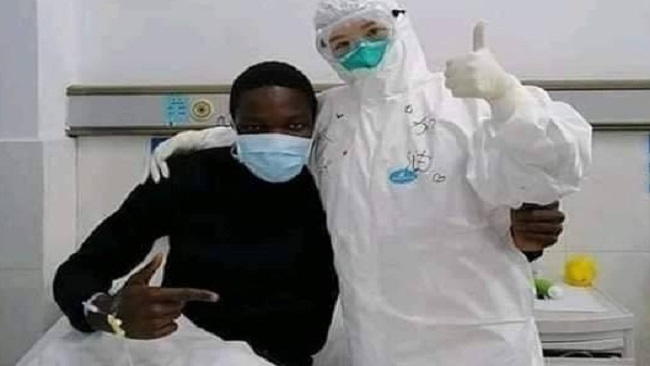
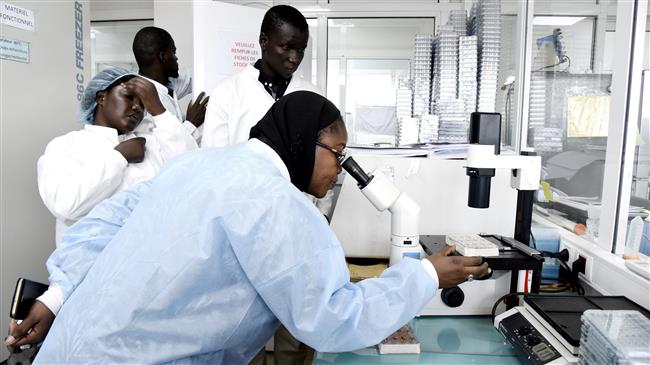
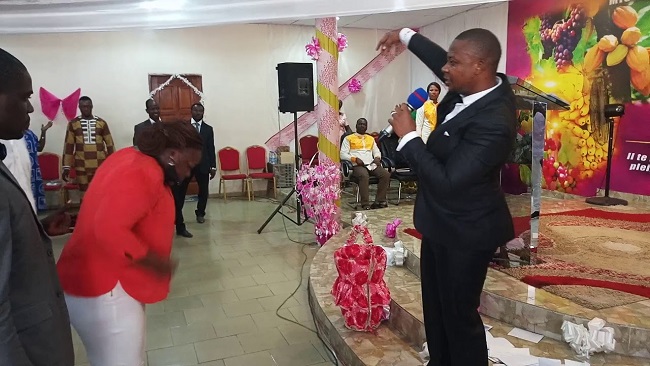


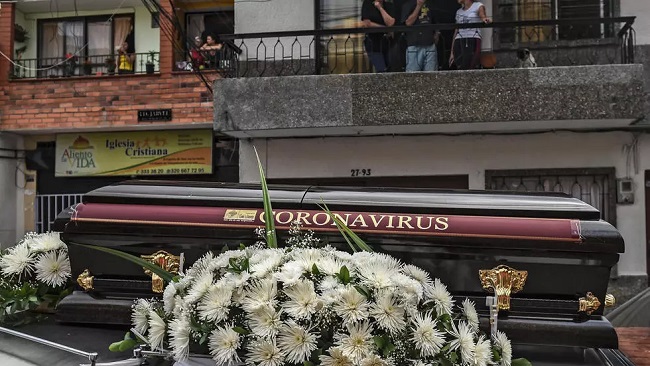
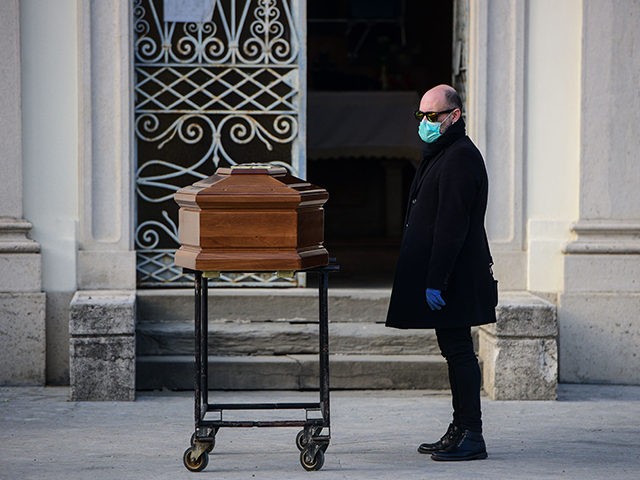
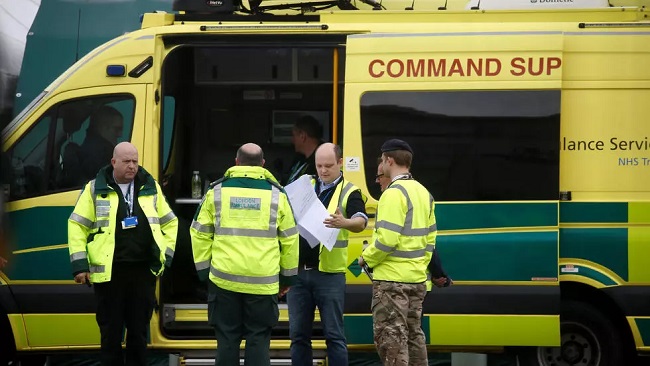














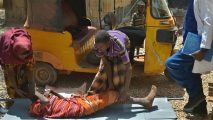




2, April 2020
Mikel Obi en route to Brazil 0
Botafogo are interested in former Chelsea midfielder John Obi Mikel, according to Yahoo! Esportes.
The 32-year-old left previous club Trabzonspor over their handling of the coronavirus pandemic and has reportedly been in talks with the Brazilian side.
He played 23 times in Turkey after spending the second half of last season in the Championship with Middlesbrough.
Source: Goal.com